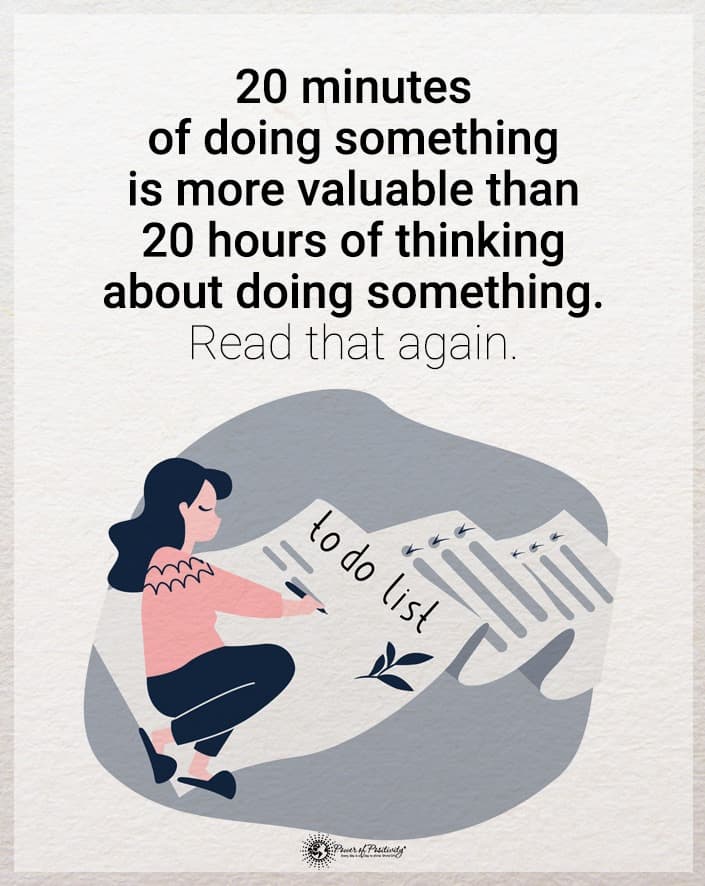Mindless eating often manifests as consuming enough snacks for a week during one sitting. You might do it while watching TV or working at your computer, and each episode adds up. A frequent issue is planning to stop after a serving but continuing to reach for more. In other words, you might not be mindful of your consumption habits.
Mindless eating can be common because your brain’s metabolic, cognitive, and reward systems interconnect. The interconnection can disrupt appetite regulation and make it hard to resist temptation. Some of the things that affect appetite regulation include:
- stress
- emotions
- hormones
- stored body fat
- gut health
- senses
- body composition
- food preferences
Your mind uses food to maintain energy and find pleasure, which is why it’s so hard to eliminate entire food groups. Finding healthy foods you love to eat can make all the difference because you’ll receive nutrition and pleasure simultaneously.
Mindless eating means you don’t pay much attention to your food, eat too quickly, and have too much. It might start as an occasional occurrence, but it can trigger areas of your brain that make you crave it more often. Before you know it, it can become a frequent habit.
What is Mindless Eating?
Mindless eating means you eat without being aware of it and not paying attention to how you feel. It typically starts with a trigger when you begin consuming, and everything seemingly becomes a blur. Before you know it, the food is almost gone or already finished.
Overeating often gets followed by negative emotions and self-talk. You might not feel good about who you are and spend time beating yourself up about it. Even with these negative feelings, it often happens again.
Why Are Some People Less Mindful About Food?
There are a few reasons you might eat mindlessly, including:
- being distracted
- keeping food within reach
- choosing to overindulge
How Mindless Eating Affects Hormones
Mindless eating when you’re bored, stressed, sad, or enjoying the food can interfere with your hormone production. Consuming food or drinks for pleasure affects appetite cues as it interferes with ghrelin, leptin, and insulin. These hormones regulate your appetite and are affected by your diet.
Ghrelin gets released when your stomach is empty, signaling when you’re hungry. Leptin is produced by fat cells and signals to your brain when to stop consuming. Insulin gets released by the pancreas to help your cells take in and use glucose as energy or store it in the liver.
Mindless eating can lead to fluctuating hormones, affecting your natural ability to recognize hunger and satiety. Consuming too many carbohydrates or sugary treats doesn’t allow your stomach to stretch much. When this happens, it affects the release of ghrelin and makes you feel like you still need to eat.
Additionally, taking in more calories than you burn can cause a surplus that affects leptin and insulin production. Your brain won’t be as likely to receive cues telling you when to stop, influencing overindulging.
Sixteen Secrets to Stop Mindless Eating
Mindless eating can lead to weight gain and an overall feeling of being unwell. It can also cause medical issues. These tips to increase mindful thinking can help you stop overindulging and live a healthier life:
1 – Prepare for Eating
When you do something exciting, you likely don’t zone out and occupy yourself with something else. Prepare your meals the same way. Think ahead about what you’ll eat, and then sit down without distractions to focus on what you’re consuming.
2 – Switch Out Your Food Groups
If you overindulge in specific food groups, try taking some of it off your plate. Get a healthier portion size and replace the rest with vegetables. It’ll help you feel full and prevents overconsuming.
3 – Stay Hydrated to Feel Fuller
When you’re dehydrated, it can make you feel hungry, potentially leading to mindless eating. Drink plenty of water throughout the day and have a glass about 30 minutes before your meal. It’ll help you feel full as it takes up space in your stomach, encouraging you to eat less.
4 – Identify What You’re Eating and Why
Plan for mindful habits. Knowing what and why encourages you to stay focused rather than overindulging in things you didn’t plan.
This mindfulness can help you have a better relationship with food, allowing you to use it as a nutritional tool. You can also tell yourself that you’re consuming those foods to feel better, be healthier, or save space for a favorite treat later.
5 – Be Mindful of Suggested Portion Sizes
Mindless eating is easy when you put too much food on your plate. Try following portion sizes as you make your plate, using smaller dishes if necessary. That way, you’ll eat less and not feel bad for overdoing it. When you don’t have so much food in front of you, you’re more likely to recognize your hunger and satiety cues.
6 – Stop Eating When You Feel Satisfied
Paying attention to your hunger cues also means noticing when you feel satisfied. If you can stop when you’re no longer hungry, you can avoid mindless eating. It also prevents the uncomfortable feeling of being too full.
7 – Keep a Visual
You’re less likely to keep going when you visualize how much you’ve consumed. Keep unhealthy beverage containers on the counter so you can keep track.
Additionally, track how many snack or candy wrappers you have as a reminder to stop. When you see how much you’ve eaten, you’ll be more aware of what you eat and stop mindlessly consuming.
8 – Change When You Go Grocery Shopping
When you go grocery shopping feeling hungry, sad, or excited, you’re likely to buy more than you need. You’re also more likely to choose unhealthy options and your favorite junk food.
Try shopping when you feel content during a calm part of the day. It’ll help you make better choices that reduce the risk of mindless eating.
9 – Try Not to Eat in Groups
Everyone eats at different paces, so it’s best to dine alone. It takes longer to eat in groups, tempting you to keep indulging even after you feel satisfied. If you dine alone, you don’t have to wait for anyone to finish, encouraging you to stop sooner.
10 – Learn from Your Mindless Eating Mistakes
No one is perfect, and you might have some setbacks on your journey to stop mindless eating. It’s all about practicing being better, with each experience as a chance to better yourself.
If you realize you mindlessly eat while watching TV, stop having snacks during that time. Likewise, if you lose focus and overindulge, consider when you should have stopped and implement it next time.
11 – Ignore Potential Distractions
Watching TV, scrolling through social media, or reading a book can all distract you during meals. When this happens, it’s easier to eat mindlessly and overindulge. Instead, pay attention to the food and consider how it feels, tastes, and smells.
12 – Attractively Plated Food Helps to Increase Mindfulness
Take the time to make your food look nice before you eat it. When you arrange it nicely, you’ll enjoy it more, meaning it takes longer to eat, and you’ll feel full easier. You can make snacks look nice by pouring them into small bowls rather than consuming them straight from the container.
13 – Do Something That Doesn’t Make You Think About Eating
If you tend to eat mindlessly during certain times or activities, do something else. Go for a walk or organize part of your home to stop you from thinking about mindless munching. When you draw your attention away from your food and the things you do when you indulge the most, it helps you avoid overindulging.
14 – Avoid All-You-Can-Eat Menus
While you might get more food when it’s all-you-can-eat, you will also engage in mindless eating. You’ll want to taste all the options, leading to overindulging and feeling bad about it later. Avoid these events and restaurants because they can set you back on your journey.
15 – Be Mindful of Hunger and Satiety Cues
Learning what hunger and satiety feel like can help you stop mindless eating. It encourages you to tune into your hunger cues and regulate hormone levels.
You can identify hunger by waiting for a rumbling stomach or other signals to begin. Sometimes you might feel tired or irritable, and at other times, you’ll have trouble concentrating. If these things happen to you, try only having enough to feel satisfied.
Satiety means feeling satisfied or full. You might notice that you no longer have the urge to eat if you feel comfortably full. When you reach this feeling, it’s time to stop if you don’t want to overindulge.
16 – Eat Slower
When you eat fast, you’ll likely consume more than if you slowed down. Take time to chew your food and enjoy it because it will increase mindful eating. Slowing down allows you to recognize satiety cues sooner and still gain the experience of your meal.
It takes about 20 minutes for your brain to signal that you’re full. Slowly enjoying your food gives you time to get the cue before you keep consuming it.
Final Thoughts on Secrets to Stop Mindless Eating
Mindless eating can lead to weight gain, health problems, and a general feeling of being unwell. Learning how to stop can help you improve your health and feel better.
Making better food choices and being mindful takes practice. Don’t beat yourself up or give up when you make mistakes. Instead, you can learn from them and continue your journey to stop mindless eating.

















 Community
Community

